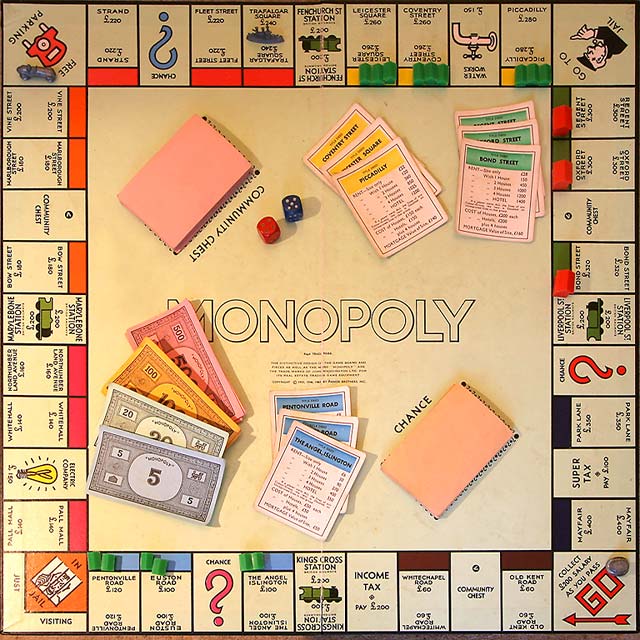As you can probably tell, I've been doing an awful lot of Ayn reading these past few weeks; I realized there are some slippery things about the material and the dialogue and the characters' voices that I need to get a handle on before I can continue with the opera.
One of the books I whipped through was The Ayn Rand Cult , which was a fun read (even if there were a few weird misspellings like "Dagney" and some stretchy conclusions and assumptions):
, which was a fun read (even if there were a few weird misspellings like "Dagney" and some stretchy conclusions and assumptions):
I can't seem to definitively find Jeff Walker, a Canadian journalist, on an online social medium where I can casually interact with him, which is a surprising and a little disappointing, because if nothing else, I want to thank him for alerting me to the existence of Kay Nolte Smith's novel Elegy for a Soprano , which I cannot believe I didn't know about until now. That will teach me to stick to the non-fiction shelves.
, which I cannot believe I didn't know about until now. That will teach me to stick to the non-fiction shelves.
Blurb:
Why is this so exciting? I hear you ask.
From the wiki of the author, Kay Nolte Smith:
OH SHIT WHAT.
So I bought the book on Amazon, and I hardly dared to hope, but YES YES YES the stand in for Ayn Rand is the eponymous soprano! OMG SO PERFECT! She's like Rand crossed with Callas. As the wiki suggests, other lead characters including a very obviously drawn pseudo-Frank, pseudo-Nathaniel, and pseudo-Barbara, and a possible pseudo-Leonard.
AND HOLY SHIT the novel opens with Vardis/Ayn singing Salome, and of course the whole story is soaked in opera. So freaking perfect. It's also an easy-reading page-turner, especially for someone like me who has a thing for mystery novels, and it takes an unexpectedly moving left turn into the Holocaust at the end.
In case you couldn't tell, my Ayn is also a soprano. I feel quite validated that someone who actually knew her would also portray her as a soprano in pseudo-fiction.
One of the books I whipped through was The Ayn Rand Cult
I can't seem to definitively find Jeff Walker, a Canadian journalist, on an online social medium where I can casually interact with him, which is a surprising and a little disappointing, because if nothing else, I want to thank him for alerting me to the existence of Kay Nolte Smith's novel Elegy for a Soprano
Blurb:
THE DEATH OF A DIVA
Dinah Mitchell is saddened when she learns her favorite opera star, Vardis Wolf, has been poisoned - especially when she discovers that the woman behind the beautiful voice was her natural mother. Dinah journeys into the dark world of genius, driven to find out the truth about the singer's life ... and death.
Why is this so exciting? I hear you ask.
From the wiki of the author, Kay Nolte Smith:
She was for a time friendly with the philosopher-novelist Ayn Rand, who was her leading literary and philosophical influence... Smith launched her literary career after her separation from the Ayn Rand circle... Her novel Elegy for a Soprano is a roman a clef inspired by Rand, Nathaniel Branden, and the circle around them.
OH SHIT WHAT.
So I bought the book on Amazon, and I hardly dared to hope, but YES YES YES the stand in for Ayn Rand is the eponymous soprano! OMG SO PERFECT! She's like Rand crossed with Callas. As the wiki suggests, other lead characters including a very obviously drawn pseudo-Frank, pseudo-Nathaniel, and pseudo-Barbara, and a possible pseudo-Leonard.
AND HOLY SHIT the novel opens with Vardis/Ayn singing Salome, and of course the whole story is soaked in opera. So freaking perfect. It's also an easy-reading page-turner, especially for someone like me who has a thing for mystery novels, and it takes an unexpectedly moving left turn into the Holocaust at the end.
In case you couldn't tell, my Ayn is also a soprano. I feel quite validated that someone who actually knew her would also portray her as a soprano in pseudo-fiction.









